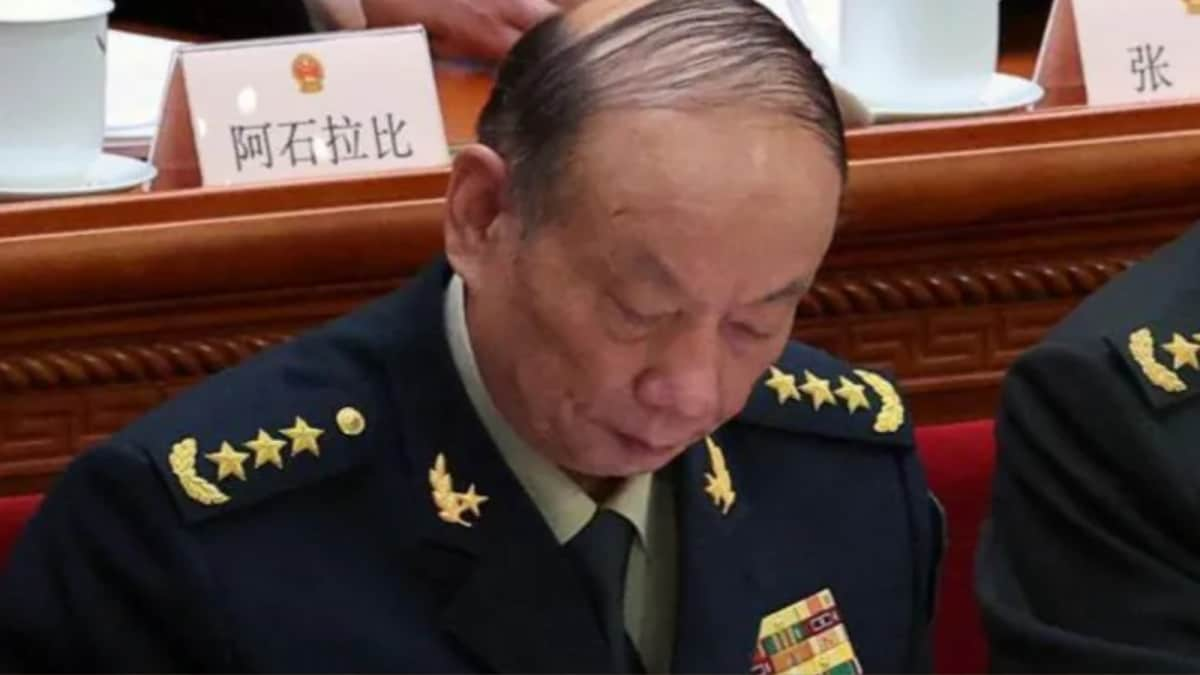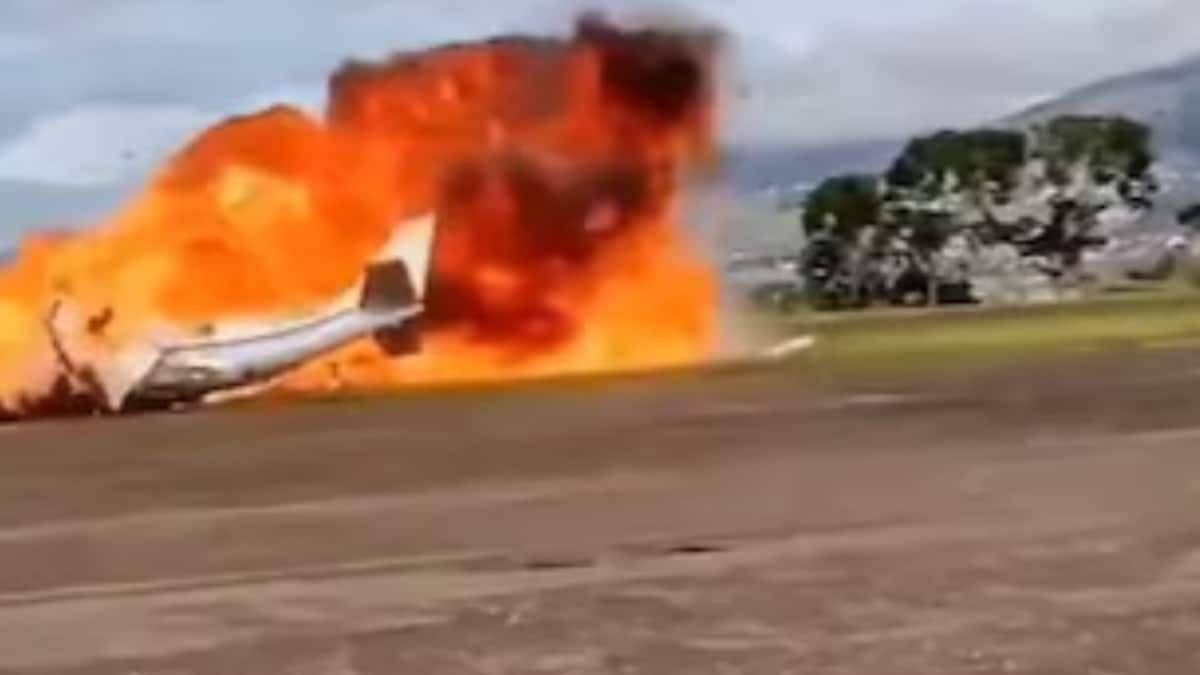ARTICLE AD BOX
An old mortar shell from World War II was discovered in a Bolpur village, causing panic before being safely defused by the Army. The incident highlights the lingering remnants of colonial-era military activities in West Bengal.

A specialist team from the Panagarh Army Camp in East Bardhaman arrived to neutralise the decades-old device
Panic and curiosity gripped a sleepy Bolpur village in West Bengal on Thursday after an old mortar shell, believed to date back to World War II, was unearthed from the Ajay River’s sandy riverbed and later defused by an Army bomb disposal team in a controlled explosion.
The metallic object first came to light on September 12 when villagers of Laudoha, under the Singhi Gram Panchayat, stumbled upon a heavy, rusted shell-like structure while collecting sand from the Ajay’s char land. Baffled by its appearance, locals alerted Bolpur police, who soon cordoned off the site amid fears it could be unexploded military ordnance.
A preliminary inspection by experts confirmed those fears. The object appeared to be a mortar shell, possibly from a British-era military stockpile. The district administration quickly contacted the Army for assistance.
ARMY STEPS IN
On Thursday, a specialist team from the Panagarh Army Camp in East Bardhaman arrived to neutralise the decades-old device. After clearing the area and setting up a safety perimeter, the team buried the shell deep in the ground before carrying out a controlled detonation.
The explosion echoed through the quiet countryside, sending shockwaves through nearby villages. Residents described hearing a “thunder-like” blast that rattled windows and momentarily silenced the riverside chatter.
ECHOES FROM THE PAST
Experts believe the find may be a relic from the colonial era. “The Ajay River often unearths remnants of the past during floods,” said Malay Mukherjee, retired professor of geography at Visva-Bharati University. “During British rule, parts of Birbhum and Bardhaman were occasionally used for military exercises. This mortar could well be a remnant of those drills, a fascinating yet dangerous piece of history.”
While villagers expressed relief that the explosive was safely defused, many remain uneasy about what else might lie buried under the riverbed.
- Ends
Published By:
Sonali Verma
Published On:
Oct 23, 2025

 4 hours ago
6
4 hours ago
6










 English (US) ·
English (US) ·